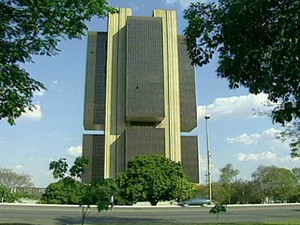The free enterprise system within a rule of law is the best engine for prosperity. Ludwig von Mises (1881-1973) is recognized by many as its greatest advocate. His name was largely
ignored for decades, today, however, more than 20 think tanks around the world are named after him. No other
famous economist comes close.

Those who started these “Mises Institutes” were inspired mostly by the theoretical work of this Austrian scholar, books such as “
Socialism,” “
Theory of Money and Credit,” and “
Human Action.” When I studied economics at
Grove City College under Dr. Hans F.
Sennholz (1922-2007), one of Mises’ disciples, these three books were required reading.
The clear logic, impeccable analysis, and consistency of Mises analysis captivated not only some economists disillusioned with
Keynesianism and other interventionist dogmas, but especially businessmen. Both the Spanish and Portuguese versions of “Human Action” were translated by businessmen. I do not mean that they paid for it, they actually translated the large book (1000 pages). Joaquin Reig Albiol did the Spanish edition in 1960 and Donald Stewart Jr., founder of the
Instituto Liberal in Rio de Janeiro, translated the Brazilian edition in 1990. Talented young businessmen and entrepreneurs, such as Helio Beltrão in Brazil, continue to play key roles in the Mises Institutes peppered around the globe.
Helio Beltrão, President and Founder of Instituto Mises Brazil with a copy of the first volume of their journal.
Ludwig von Mises knew the importance of theory, but he also thought it was essential that “the eminent citizens, the intellectual leaders of the community,” be “in a position to form their own opinion on the basic social, economic, and political principles of policies.” For that they also need access to facts, and statistical information and analysis. There is considerable truth in the famous
Kurt Lewin statement that “there is nothing more practical than a good theory,” but these theories should guide applied research and applied research should create incentives for theoretical refinements.
Mais

























